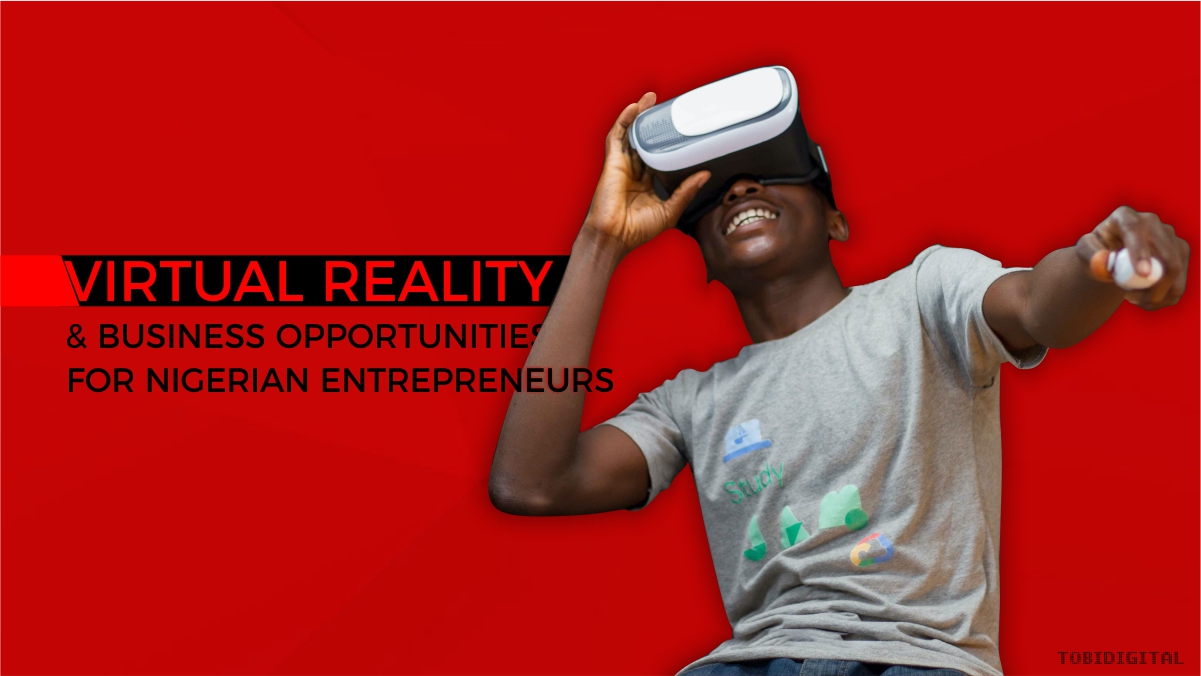Investing In Virtual Reality Opportunities And Challenges
Virtual Reality Challenges that Enterprises Face Virtual reality has come a long way since its inception, and it has revolutionized the way businesses operate. However, there are still some challenges that enterprises face when implementing virtual reality systems. In this article, we will be discussing the top 5 virtual reality challenges, including pricing, ethical issues, and more. Defining Virtual Reality Before we dive into the challenges, let's first define what virtual reality is. Virtual reality (VR) refers to an immersive computer-generated environment that simulates the real world or an imaginary one. This environment can be accessed through a headset, glasses, or other similar devices, allowing users to interact with the simulated environment using various inputs, such as hand gestures or voice commands. The How-to of Virtual Reality Now that we have a basic understanding of what virtual reality is let’s discuss how virtual reality is used by enterprises. Virtual reality is used by enterprises primarily for training purposes. Companies use VR to train their employees on how to operate machinery, handle complicated equipment, and perform other tasks that require precision and accuracy. VR is also used in marketing and advertising to showcase products and services and give customers a fully immersive experience. The Challenges of Virtual Reality While VR has many advantages, there are still some challenges that enterprises face when implementing VR systems. Below are the top 5 virtual reality challenges that businesses need to address. 1. Cost One of the biggest challenges that enterprises face when implementing virtual reality systems is cost. VR systems can be quite expensive to purchase and operate, making it difficult for smaller businesses to invest in them. This is why VR systems are mostly used by larger enterprises that can afford to invest in this technology. 2. Technical issues Another challenge that enterprises face when implementing virtual reality systems is technical issues. VR technology is still in its early stages, and like any new technology, it is susceptible to bugs, glitches, and other technical issues. These technical issues can be frustrating for businesses, as they can disrupt training sessions and other essential business operations. 3. Ethical issues Virtual reality systems raise ethical issues that businesses need to address. For example, in training simulations, employees may be exposed to potentially hazardous or unsafe conditions, which can pose a risk to their safety. VR technology can also raise questions about privacy and data protection, as enterprises may collect data on their employees to monitor their performance. 4. Content creation Creating content for VR systems is a significant challenge for businesses. VR content requires specialized skills, such as 3D modeling and animation, which can be challenging and time-consuming to develop. Businesses need to ensure that their content is engaging and effective, and they need to be able to update it regularly to keep up with changing business requirements. 5. Adoption Finally, a significant challenge that enterprises face when implementing virtual reality systems is adoption. Getting employees to adopt new technology can be difficult, particularly if the technology requires a significant investment of time and effort. Many businesses struggle to encourage their employees to use VR technology regularly, which can hinder their ability to reap the benefits of this technology. Tips for Addressing Virtual Reality Challenges While the challenges of virtual reality may appear daunting, there are ways for businesses to overcome these challenges. Below are some tips for businesses looking to address virtual reality challenges. 1. Invest in the right hardware To overcome the cost challenge, businesses need to invest in the right hardware. VR technology is continually evolving, and there are now several affordable VR headsets available that are suitable for businesses of all sizes. It is important to do thorough research and choose the hardware that will best fit the business needs and budget. 2. Test, test, test To overcome technical issues, businesses need to test their VR systems thoroughly before implementing them fully. This will help businesses identify any bugs or glitches and address them before the system is rolled out to employees. 3. Develop a Code of Ethics To address ethical challenges, businesses need to develop a code of ethics that outlines the expected behavior when using VR systems. The code should address issues such as employee safety, privacy, and data protection. 4. Get Help with Content Creation To address content creation challenges, businesses should consider outsourcing the development of VR content to professionals. There are several companies that specialize in creating VR content, which can help businesses save time and resources. 5. Encourage Adoption Finally, to address adoption challenges, businesses need to encourage their employees to use VR technology regularly. This can be done by providing incentives, such as training sessions or rewards for using the VR system regularly. In conclusion, virtual reality has become an integral part of the modern business landscape, and there are many benefits to implementing VR systems. However, businesses need to be aware of the challenges they may face when implementing this technology and take appropriate measures to address them. By investing in the right hardware, testing their systems thoroughly, developing a code of ethics, getting help with content creation, and encouraging adoption, businesses can overcome the challenges of virtual reality and reap the benefits of this exciting technology. 


tobidigital.com -

skywell.software - virtual interrogativi punti ethical skywell
Post a Comment for "Investing In Virtual Reality Opportunities And Challenges"